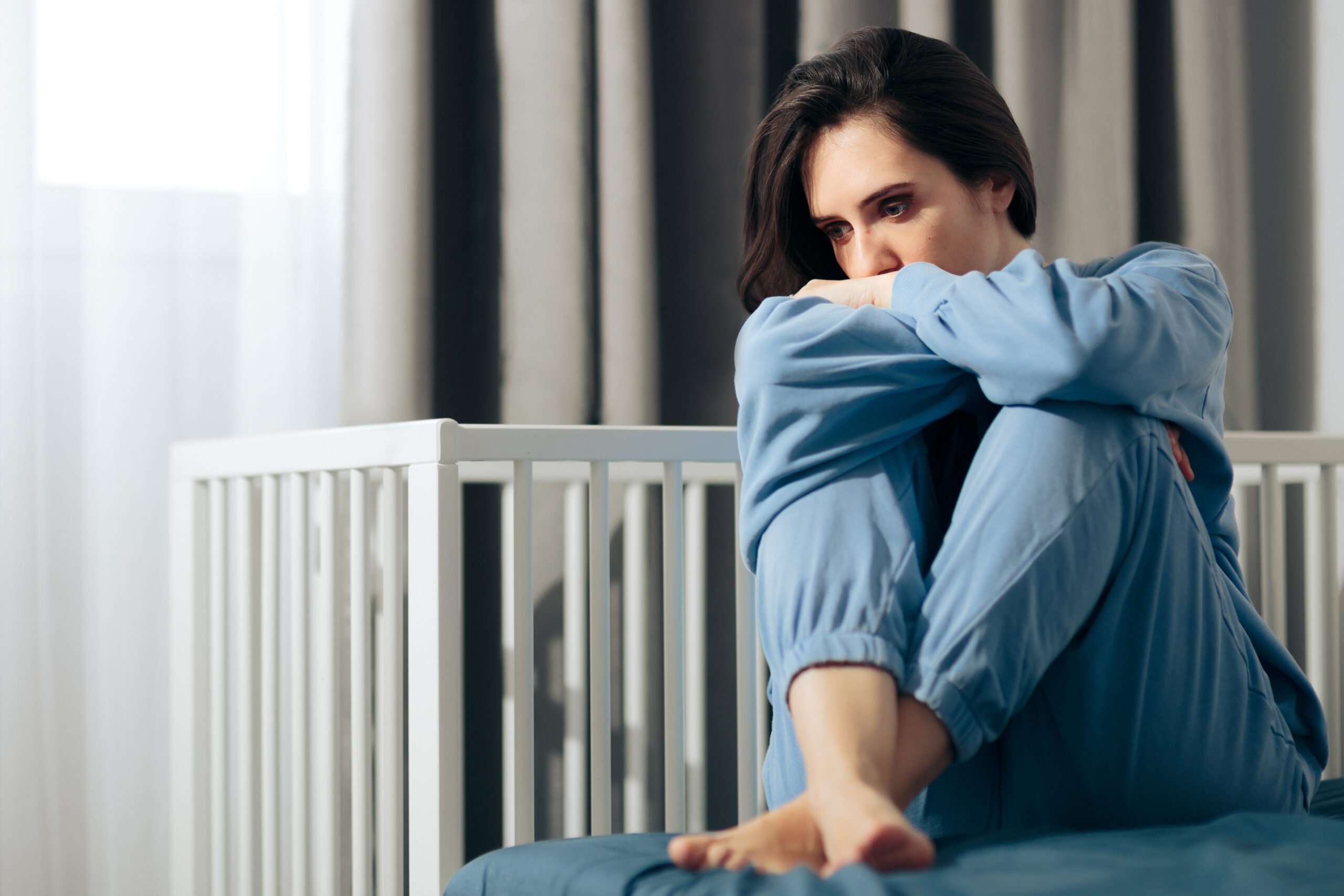
We have adopted four children, and each adoption was special in its own way. But the joy we experienced didn’t cancel out the complexity. There were times I felt horribly guilty and sad, because I knew my happiness came at a cost to my children’s biological parents — and my children, who had no choice in the situation. The more I shared my feelings with fellow adoptive parents, the more I realized that post adoption depression can hit many parents.
Parents by adoption often wait years to bring a child into their family
No matter how they adopt — through foster care, domestically, a kindship placement, or internationally — the process is arduous. There’s no such thing as “just” adopting. Parents must undergo a home study that includes fingerprinting, background checks, interviews, financial records, medical exams, a home inspection, and references. Then there’s the waiting and legal proceedings. Some families travel thousands of miles to bring their child home. Adopting a child is a marathon run on uncertain terrain.
Adoption is never easy, quick, and simple
In fact, it’s bittersweet. By the time a hopeful adoptive parent becomes someone’s mom or dad, they’ve been through a journey full of twists and turns. This, paired with the child’s temperament, needs, trauma history, and the relationship (or lack thereof) with the child’s biological parents — can lead to an adoptive parent experiencing post-adoption depression.
Dr. Jennifer Wolkin, a neuropsychologist and author of Quick Calm, shares that post adoption depression, also known as PAD, is “clinical depression in an adoptive parent in the weeks and months after being united with their child.”
While postpartum depression is often viewed as “more real” due to “hormonal and post-birth psychological factors,” PAD is quite real. She adds, “PAD can be just as debilitating and painful as PPD, and if left untreated, can cause long-term struggles for both parent and child.”
How can an adoptive parent experience PAD when they aren’t facing the same factors that a parent by biology is?
Adoptive parents are often put on a pedestal as “loving people” who can give a child a “good home,” after they’ve been put through the home study process where they must prove themselves as worthy parents. Adoptive parents are expected to be over the moon when they finally adopt, and they are expected to be perfect parents.
Struggles can’t always be anticipated — and when they do happen, they are often ignored. Not once during my four adoption journeys did any doctor check in on me for PAD — unlike biological moms who are screened for postpartum depression. Dr. Jen explains that society expects adoptive parents to “only experience the utmost gratitude and joy upon being united with their child.”
We are somehow supposed to be superhuman
Dr. Jen shares that adoptive parents need to watch for the symptoms of PAD, which include general depression symptoms that are linked to “being united with your child.” These include “feelings of sadness,” a “lack of interest and pleasure” in things that used to bring you happiness, and changes in appetite and sleep. She also wants us to watch for “fatigue, irritability, restlessness, difficulty concentrating, a profound sense of guilt or worthlessness, helplessness, and or hopelessness.” Withdrawing and isolating from those we love are two other possible indicators that a person has PAD.
Other symptoms to watch for include “pervasive or all-encompassing thoughts” about the adoption” and the inability to bond with the child. She also wants us to know that physical symptoms, though they don’t always point to a clinical depression diagnosis, may indicate a deeper mental health issue: “new or worsening headaches, nausea, aches and pains.” Of course, any feelings of self-harm or harming the child need to be immediately addressed.
Dr. Jen notes that adoptive parents shouldn’t anticipate the adoption and bonding with the child to be easy, and that “love at first sight” isn’t a realistic goal. Furthermore, symptoms of PAD may not be immediately apparent. Like love, sometimes the development of PAD takes time.
Adopting, according to Dr. Jen, is a “huge life event”
If a parent believes they are experiencing PAD, they need to seek support. Trusted family members and friends, as well as a mental health professional, can be a powerful first step. She also doesn’t want them to underestimate the power of self-care: eating healthy, resting, movement, and basic hygiene routines. These can be put on the backburner with a new child arriving, but they are critical to parental well-being.
I found that after we adopted, it was critically important to have a support system in place to talk about adoption issues such as bonding and healthy birth family relationships. Dr. Jen concurs that “the more we speak of PAD and ‘normalize’ it without shunning or minimizing it in comparison to PPD,” the better off adoptive families will be.




